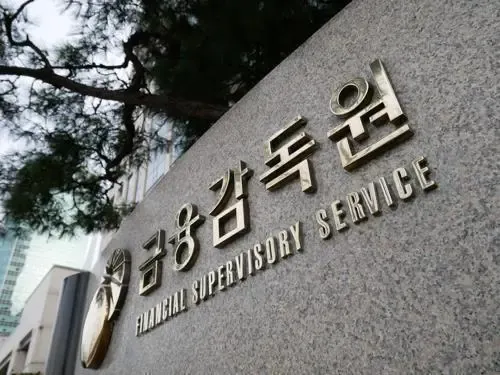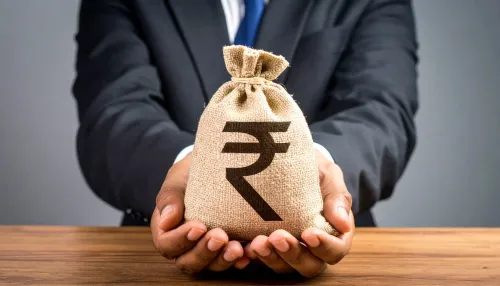Top Financial Regulator Commits to Advancing Capital Market Reforms

Synopsis
Key Takeaways
- Commitment to enhance fairness and transparency in capital markets.
- New legal protections for shareholders under consideration.
- Efforts to improve foreign investor access are underway.
- Money supply continues to rise amid economic uncertainties.
- Short selling ban lifted after five years.
Seoul, April 15 (NationPress) The leader of South Korea's financial regulatory body has pledged to advance a series of measures aimed at enhancing fairness and transparency within the capital markets, as well as boosting shareholder value, as stated by the Financial Supervisory Service (FSS) on Tuesday.
During a gathering with numerous bankers and financial experts in Hong Kong on Monday, FSS Governor Lee Bok-hyun mentioned that South Korea's financial authorities will persist in implementing policy priorities for the capital markets, grounded in robust fundamentals and the strong resilience of the nation's economy.
Last month, the country lifted a five-year ban on short selling for all stocks, according to reports from Yonhap news agency.
Lee remarked, “This signifies the steadfast commitment of Korean financial authorities to market predictability and investor confidence, and I assure you that this will continue into the future.”
He emphasized that enhancing shareholder interests and corporate values is a top priority under capital market initiatives, which include new legal measures designed to better protect shareholders, partially through adjustments to stock delisting regulations.
Lee also indicated that efforts are underway to establish a more effective legal structure for safeguarding shareholders' interests, referring to a proposed amendment of the Commercial Act.
Additionally, he noted that further actions have been implemented to facilitate foreign investors' access to the nation's capital markets.
Meanwhile, South Korea's money supply saw a rise for the 21st straight month in February, driven by an increase in time deposits and other savings amid ongoing monetary easing and market uncertainties, according to central bank data released on Tuesday.
The M2, a critical indicator of the money supply, amounted to 4,229.5 trillion won ($2.97 trillion) in February, reflecting a 0.6 percent increase from the previous month, as per preliminary data from the Bank of Korea (BOK).
The money supply has consistently grown since June 2023.
On a year-over-year basis, the money supply surged by 7.2 percent in February. The M2 is a metric of the money supply that encompasses cash, demand deposits, and other easily convertible financial instruments.








